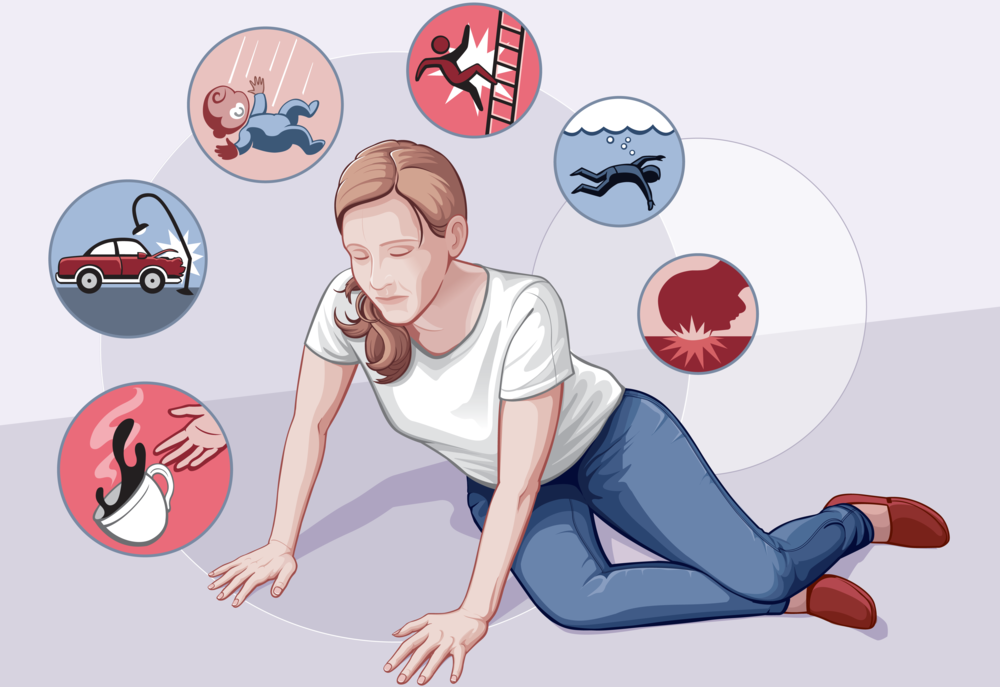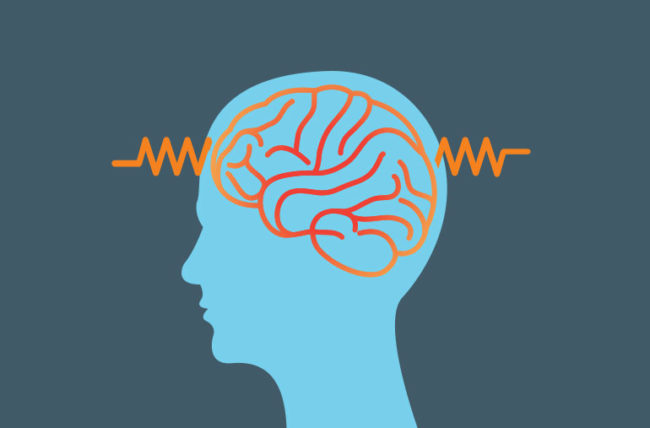Introduction
Epilepsy is a neurological disorder that affects over 65 million people around the world. It can cause seizures and other neurological symptoms that can interfere with daily life. While many people with epilepsy lead perfectly normal lives, there are certain jobs or activities that may be unsuitable for someone with this condition. This article takes a closer look at what jobs you should avoid if you have epilepsy and some alternative options to consider. We’ll also discuss which safety protocols to follow in order to work safely with this condition.
What is epilepsy?
Epilepsy is a neurological disorder that affects the nervous system. It is characterized by recurrent seizures that can range from brief and nearly undetectable to long and debilitating. Epilepsy can be caused by a variety of factors, including genetic predisposition, head trauma, brain tumors, and stroke. Seizures are often treated with medication, but in some cases surgery may be necessary.
What are the symptoms of epilepsy?
The most common symptoms of epilepsy are:
-Sudden, brief periods of unconsciousness or staring spells
-Brief periods of muscle weakness or twitching
-Sensory disturbances such as flashing lights, smells, or tastes
-Uncontrollable jerking movements of the body
-Psychic symptoms such as fear, anxiety, or deja vu
What jobs can you not do with epilepsy?
Epilepsy is a neurological disorder that can cause seizures. Seizures can occur in any part of the brain, but they usually start in the temporal lobe. Epilepsy can be caused by many things, including head injuries, stroke, brain tumors, and genetic factors.
While seizures can vary in severity, they can all have a significant impact on a person’s life. Many people with epilepsy are able to live relatively normal lives, but there are some activities that may be more difficult or even impossible for them to do. Here are some examples of jobs that may be more difficult for people with epilepsy:
-Driving: Seizures can affect a person’s ability to control their muscles and coordination. This means that driving could be very dangerous for someone with epilepsy.
-Operating machinery: Many jobs require the use of machinery, such as forklifts or power tools. Operating these types of machinery could be dangerous for someone with epilepsy because seizures can cause loss of muscle control and coordination.
-Working at heights: Jobs that require working at heights, such as roofing or construction work, could be more difficult for people with epilepsy. Seizures can cause loss of consciousness, which could lead to falls from heights.
-Jobs that require concentration: Jobs that require long periods of concentration, such as office work or computer programming, could be more difficult for people with epilepsy. Seizures can cause cognitive impairments such as memory
Can you get insurance if you have epilepsy?
Epilepsy is a neurological condition that can cause seizures. Seizures are sudden, uncontrolled electrical rushes that can cause convulsions, unconsciousness, and death. If you have epilepsy, you may be wondering if you can get insurance.
The answer is yes, you can get insurance if you have epilepsy. However, it is important to note that your rates will likely be higher than someone who does not have the condition. This is because insurers consider you to be a higher risk than someone without the condition.
Conclusion
Epilepsy can limit the types of jobs a person can take, but there are still many careers available for those with epilepsy. With appropriate medical care and lifestyle modifications, most people with epilepsy can lead successful lives outside of work as well. However, it is important to be aware that certain jobs may not be suitable for someone living with this condition due to safety concerns or other factors. Ultimately, an individual should discuss their personal circumstances and specific job requirements carefully with their employer before agreeing to a role in order to ensure they have made the best decision for their own health and wellbeing.

